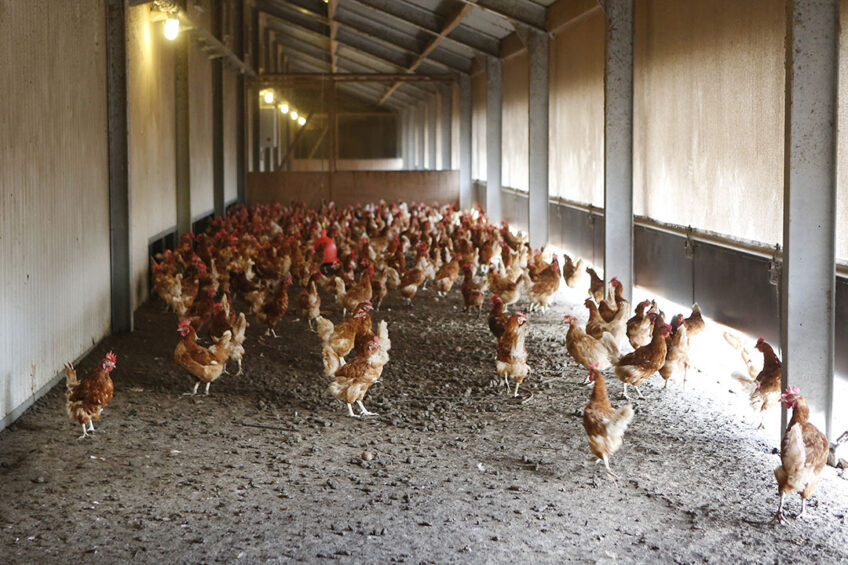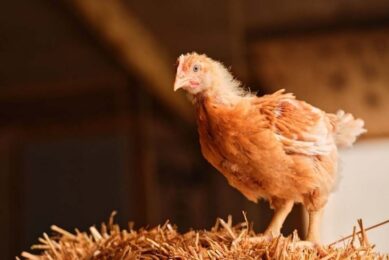European Parliament votes to ban the use of cages by 2027

The European Parliament has called for the end of caged farming within the next 6 years. MEP’s voted overwhelmingly on a ban on the use of cages in animal agriculture by 2027.
The vote followed intensive lobbying by the “End the Cage Age” European Citizens Initiative, led by 170 NGOs across Europe, which garnered 1.4m signatures from EU citizens and demanded the phasing out of cages on farms. MEPs voted by 558 to 37 with 85 abstentions on the non-binding resolution.
Even though the EU has banned the use of battery cages, campaigners said this was not enough, given the perceived unlevel playing field across Europe with some nations already going beyond EU laws.
Compassion in World Farming has suggested measures to facilitate the transition away from enriched colony cages to alternative systems, which include financial support for farmers and the requirements for imports to meet EU welfare standards.
In the European Parliament, a working group on cage-free farming established in 2017 has been actively supporting the “End the Cage Age” initiative and in April 101 MEPs from various political parties signed a letter of support addressed to EU Commissioners.
US farm pushing forward free-range egg sales
The American egg market is undergoing a structural change with businesses rapidly rejecting caged hens in favour of barn, free-range and organic alternatives. One company at the forefront of the free-range movement tells Poultry World how it does business. Find out more…
And last month, a motion for a resolution was adopted by the AGRI committee. Committee members call on the Commission to speed up the review of the animal welfare legislation and back the phasing out of cages in farming, possibly by 2027, following an impact assessment and a properly funded transition for farmers. They also insist on ensuring compliance with EU standards for all products imported into the EU.
Commenting on the developments, Aimee Mahony, NFU Chief Poultry Adviser, said UK egg farmers invested nearly £400m in 2012 when they replaced battery cages with the new higher welfare enriched colony cages.
“As a result, we have seen a big improvement in animal welfare with lower mortality, better feather cover and good production because the hens are in a system that provides for more of their needs.
“Colony cages have an important role to play in producing eggs for the UK consumer at an affordable price point and we will continue to support sustainable farming practices that maintain high welfare standards for laying hens.”
She said she expected the UK Government to be watching the situation in Europe closely. Last year the UK’s Parliamentary Under-Secretary at Defra Victoria Prentis revealed the Conservative administration was keen to explore the issue of banning enriched cages for laying hens.
And she added the NFU believed that all animal welfare legislation should be based on a scientific and evidence approach rather than being solely based on perceptions and emotion.
Food companies ask EU Commission to phase out enriched cages
Leading food companies urge the European Commission and European MEPs to phase out cages in animal farming, starting with enriched laying hen cages. Read more…
It is expected that the European Commission will by 15 July have made its decision as to whether to start a legislative process to ban caged farming. EU Food Safety Commissioner Stella Kyriakides told MEPs the commission was considering a request contained within the resolution to apply the same animal welfare standards to meat imported from outside the EU as European farmers have to meet inside the bloc. Kryiakides also noted the call for farmers to be compensated and supported in their transition from cages. She added the phase-out would happen “as soon as feasible” but did not give a specific date.
Join 31,000+ subscribers
Subscribe to our newsletter to stay updated about all the need-to-know content in the poultry sector, three times a week. Beheer
Beheer








 WP Admin
WP Admin  Bewerk bericht
Bewerk bericht